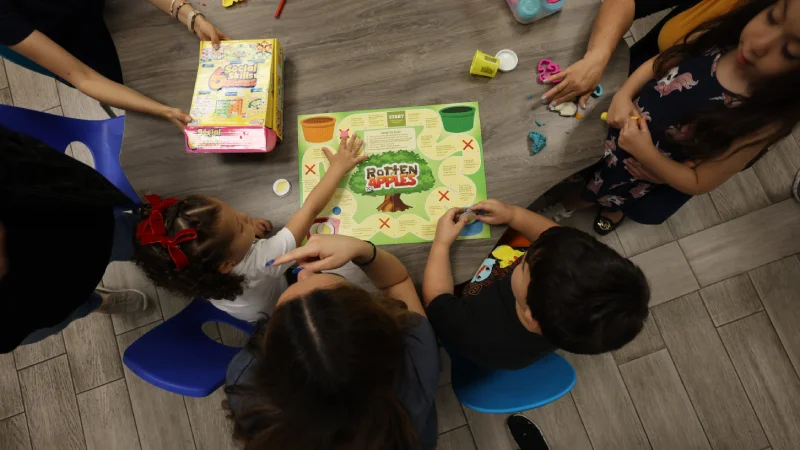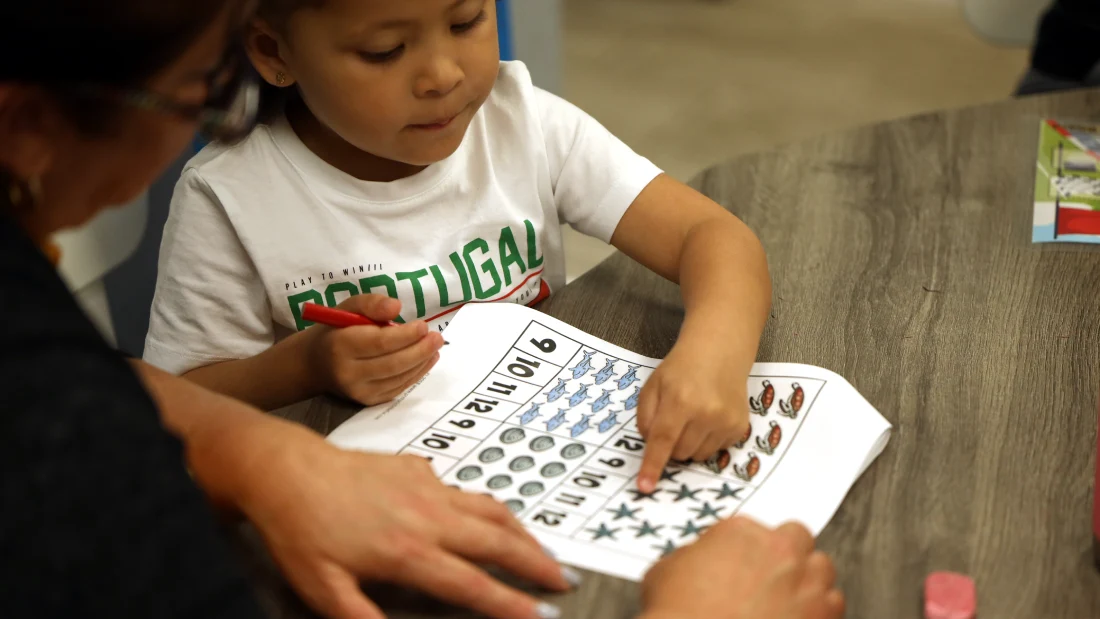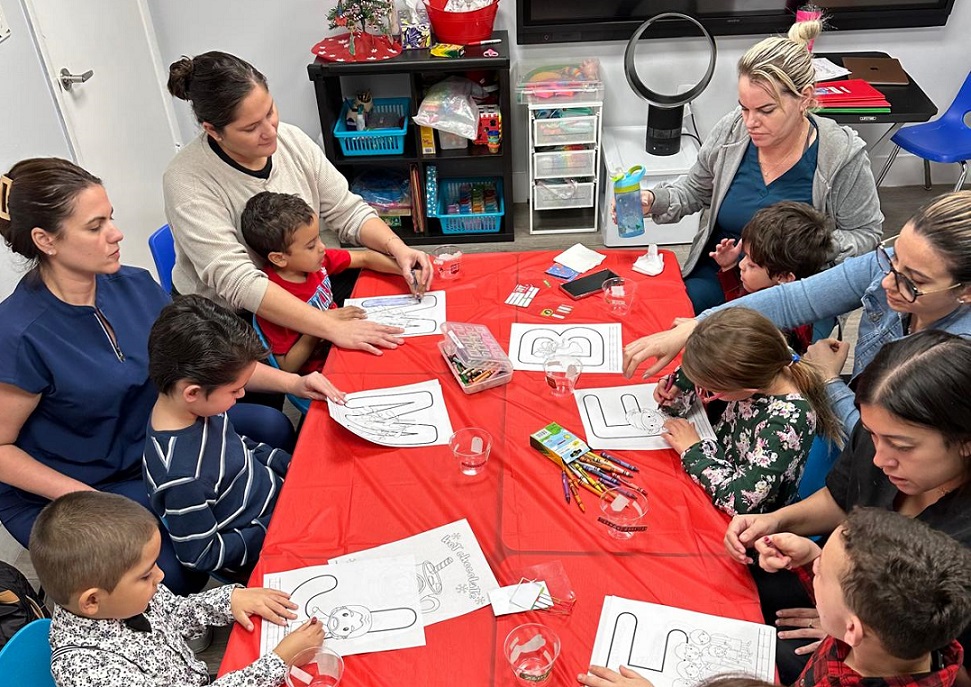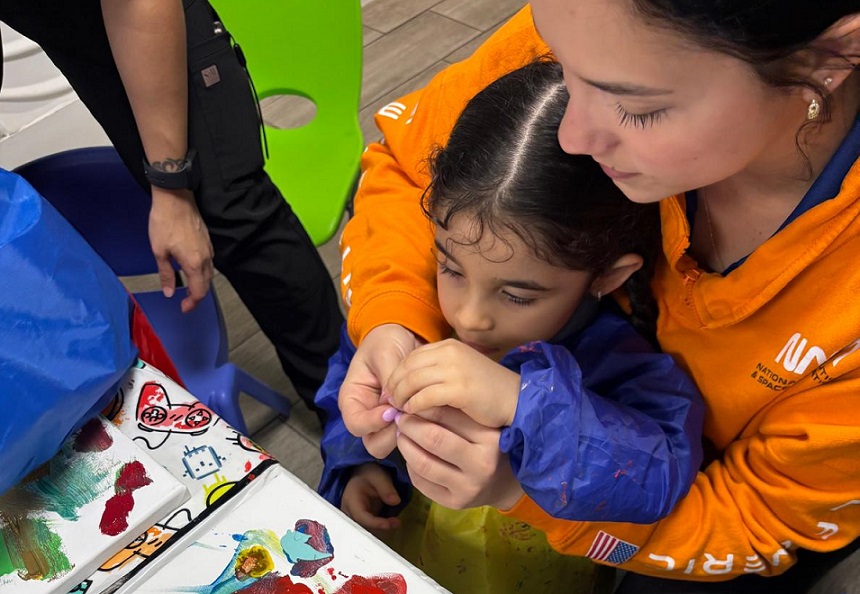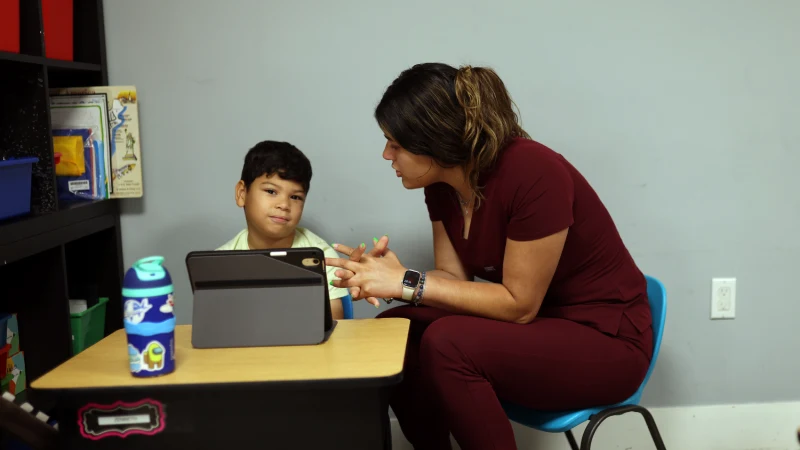Watching your child play happily is one of the most heartwarming experiences—especially if you’re the parent of a child with autism. When it comes to child development in autism, every play session becomes a powerful opportunity to connect with others. Therapeutic toys, in this context, aren’t just fun—they’re essential tools that help strengthen social skills.
Today, we’re sharing a carefully curated list of 10 therapeutic toys recommended by certified behavior analysts. These toys are designed to boost development in children with autism. From sensory regulation to speech development, you’ll see how each toy can turn a fun moment into meaningful progress in your child’s quality of life.
So, get ready to explore fun, effective, and specially tailored options for your child’s unique needs. Keep reading!
Why Use Therapeutic Toys in Autism Treatment?
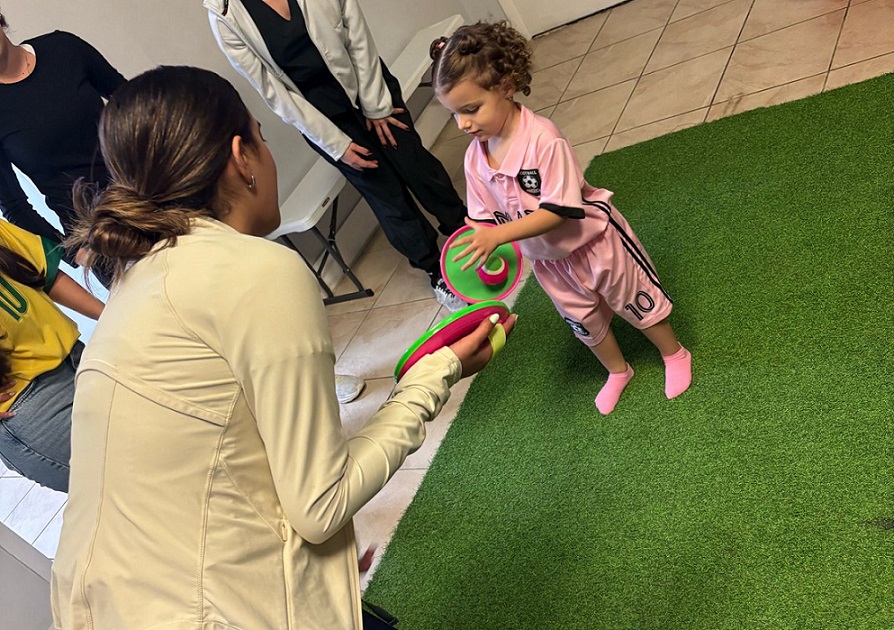
When we focus on childhood autism, it’s clear that appropriate intervention can make a real difference in accelerating the development of social skills. That’s where therapeutic toys work their magic—as tools that support cognitive, emotional, and communication growth in children with autism through healthy, enjoyable play.
These toys are a core part of approaches like ABA Therapy (Applied Behavior Analysis), where play becomes a strategic ally in teaching, reinforcing, and connecting. Their real value lies in the tangible benefits they bring to a child’s overall development and well-being.
So, why are therapeutic toys important in child development? Here’s why:
- They stimulate social and communication skills: Toys help children practice imitation, recognize emotions, and use functional language.
- They support sensory integration: They help kids regulate visual, tactile, and auditory stimuli.
- They reinforce positive behaviors through ABA Therapy: Used as motivational rewards, they increase desirable behaviors.
- They encourage independence and decision-making: Through free exploration, children learn to choose, solve problems, and create.
- They support parents and therapists at home or in clinical settings: They make it easier to replicate therapeutic strategies in everyday environments.
- They adapt learning to individual needs: There are specific toys for developing each skill a child may need.
How Do Behavior Analysts Choose Therapeutic Toys?
In the world of ABA Therapy, the best toys for child development are never chosen at random. Each toy is carefully selected with a specific developmental goal in mind—particularly for building key skills in children with autism. Every therapeutic toy can become a bridge toward sensory integration and learning.
Behavior analysts are like strategists in child development, identifying the most effective tools for each unique case. And it’s not about what looks most appealing—these decisions are based on in-depth technical assessments. Below are the main criteria behavior analysts use to choose the most effective therapeutic toys:
- Clearly defined therapeutic goals: Toys are chosen to help achieve behavioral milestones like improving speech or learning to wait for turns.
- Child’s age and developmental stage: Toys are matched to the child’s level to ensure they are engaging without being overwhelming.
- Type of skill being targeted: Toys are selected based on whether the goal is fine motor, social, sensory, language, or problem-solving skills.
- Emotional and motivational response of the child: ABA toys are most effective when they encourage active participation.
- Adaptability to different environments: Preference is given to toys that work well both in clinical settings and at home.
- Compatibility with ABA techniques: Toys must support and reinforce positive behavioral changes.
- Evidence-based recommendations: Selections are informed by proven results and feedback from certified therapists.
The 10 Best Therapeutic Toys for Social Skill Development.
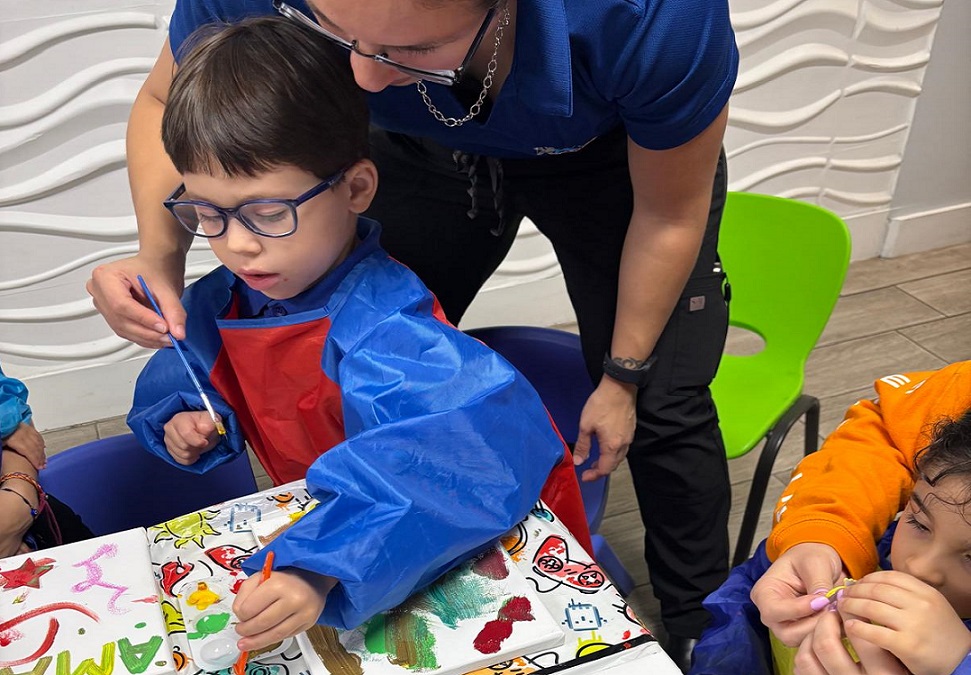
For a child with autism, learning to interact with others isn’t always a natural process. It often requires very specific tools and highly personalized strategies. This is where educational toys for special needs become truly transformative—not just entertaining, but also instrumental in expressing emotions.
Therapeutic toys aren’t chosen by chance—they’re the result of thoughtful selection by certified behavior analysts. These experts rely on the principles of behavioral therapy to strengthen positive behaviors and encourage healthy social interactions.
Here’s how therapeutic toys support the development of social skills:
- Encourage shared play.
- Build empathy and emotional communication.
- Help children understand roles and social dynamics.
- Promote eye contact and joint attention.
- Reduce anxiety during social interactions.
So, you might be wondering: Which toy is right for my child? Don’t worry—we’ve compiled a list of 10 must-have toys that help develop vital skills:
1. Building Blocks:
Promote cooperation, teamwork, and taking turns while building fun structures together.
2. Large-Piece Puzzles:
Encourage communication and teamwork while boosting patience and functional language.
3. Sensory Bins:
Perfect for exploring textures and colors while supporting interaction and sensory integration.
4. Animal or People Figures:
Great for imaginative play that teaches social scenes, emotions, roles, and settings.
5. Cause-and-Effect Toys:
Help build joint attention, turn-taking, and an understanding of basic social outcomes.
6. Shape and Color Sorters:
Foster peer collaboration, instruction-following, and descriptive language.
7. Weighted or Textured Balls:
Reinforce shared physical play, improve emotional regulation, and encourage physical interaction.
8. Tablets with Educational Apps:
Enable collaborative learning through apps focused on language and emotional identification.
9. Turn-Taking Games:
Teach important social rules like waiting, respect, and group participation in a fun, structured way.
10. Interactive or Tactile Books:
Ideal for group or pair reading, enhancing communication, emotion recognition, and open dialogue.
How to Use Therapeutic Toys Effectively?
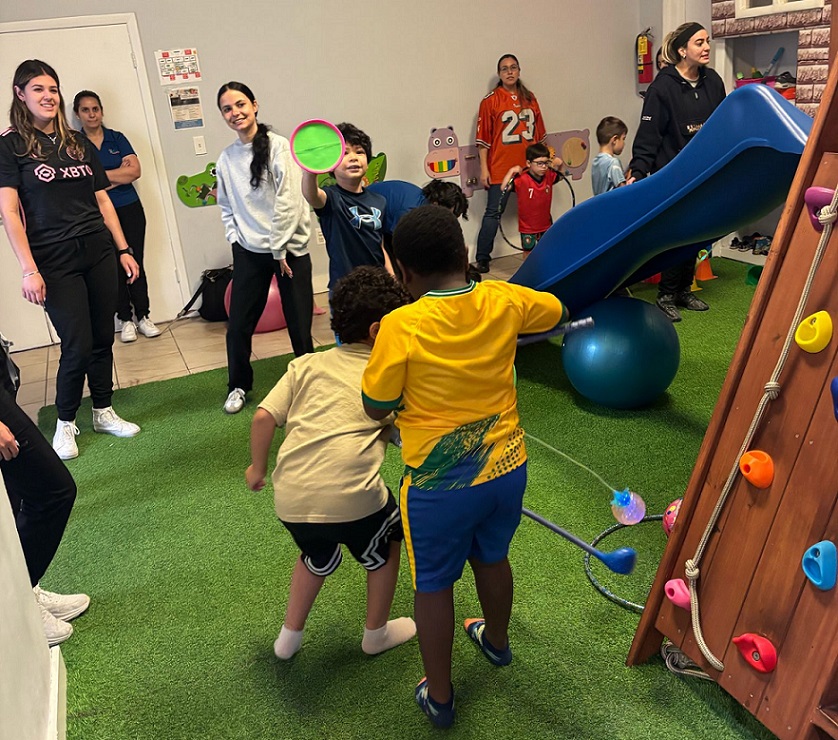
Having the right therapeutic toys is only the first step. Real transformation happens when these toys are seamlessly integrated into your child’s daily routine—whether at home or in therapy sessions. In ABA Therapy, every play session is an opportunity to reinforce skills and create emotional connections.
Parents and behavior analysts can turn every moment of play into a meaningful, growth-focused experience. Of course, the success of play-based therapy depends on how well it’s tailored to the child’s individual needs.
Here are some best practices to help you get the most out of therapeutic play:
- Set a clear objective for each session: Define goals such as improving language, enhancing motor skills, or managing sensory stimuli.
- Create a predictable but flexible routine: A structured play schedule helps reduce anxiety by setting expectations.
- Choose toys based on your child’s interests: Motivating toys lead to greater engagement and natural learning.
- Incorporate play into daily activities: Use toys during meals, bath time, or bedtime to reinforce learning in real-life contexts.
- Use positive reinforcement during play: Celebrate each success (even attempts!) with praise or small rewards to build emotional bonds.
- Encourage adult-child interaction: Involving parents or therapists helps model social and communication behaviors.
- Minimize distractions in the play environment: Safe, organized spaces allow children to stay focused on the activity.
- Track progress and adjust strategies as needed: Keep notes on which toys work best to refine your intervention plan.
Koala ABA & Learning Centers: Turning Play into Progress and Independence.
At Koala ABA & Learning Centers, we believe play is more than just fun—it’s a gateway to each child’s development. That’s why our certified ABA therapists work closely with families to turn every playful activity into a moment of emotional connection and growing independence.
From therapeutic toys to thoughtfully designed activities, each session is personalized to match the child’s needs. Our approach combines ABA Therapy with the creativity of interactive play, ensuring children feel motivated and supported every step of the way.
We also incorporate play-based Occupational Therapy, both indoors and outdoors, with interventions that promote:
- Motor skill development.
- Emotional self-regulation.
- Key cognitive abilities.
Ready to see your child thrive through play? At Koala ABA & Learning Centers, Florida, we believe that every child with autism has the potential to grow and succeed—with the right professional support.
Contact us today! Let us show you how every toy and every play session can lead to meaningful progress and well-being for your child.
